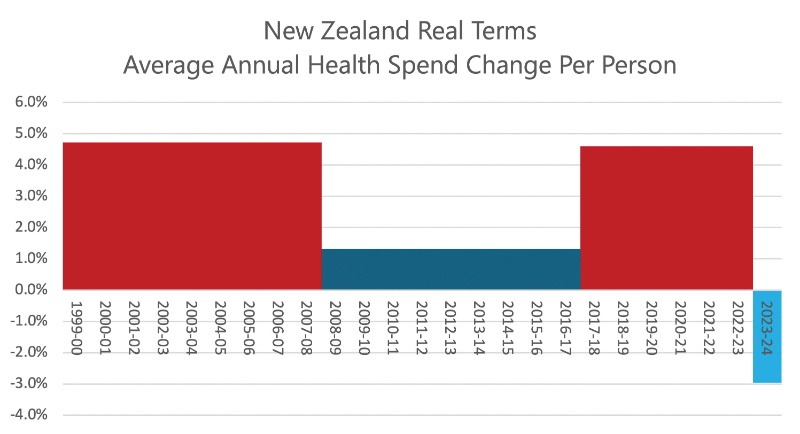IAC response to GANZ press release
Immunisation Advisory Centre response to GANZ press release
22 October, 2015
We were disappointed to see more misinformation being spread about the HPV vaccine, Gardasil. The GANZ press release perpetuates a number of misconceptions and inaccuracies that only serve to hinder people making evidence-based informed decisions on vaccination.
Most significantly, GANZ misuses the reporting of adverse events following immunisation (AEFIs). Like any medicine, vaccines have potential risks. The question for teens and their parents is whether the known risks of having a vaccine is worth it compared to avoiding the known risks of a vaccine-preventable disease.
Basically, anything can happen after (or before!) an immunisation. That might include fainting, a sore arm, motor vehicle accident, rash, or breaking your leg playing rugby. Also, illnesses can develop. These can all be recorded as AEFIs, but this does not mean that they have been caused by vaccination. Researchers try to determine if something happens to people more often after a vaccine that for those who haven’t had the vaccine at all. This builds a picture of what can be expected to happen after a vaccine is given, as opposed to just by chance.
Based upon the hundreds of millions of injections given across the world, and the analysis on the tens of thousands of AEFIs reported, Gardasil’s safety profile is excellent: the known risks are mostly not serious and are short-lived. Yes, teens could faint, have a sore arm or feel nauseated. We know these happen and are associated with immunisation. But many of the other more serious ‘signs and symptoms’ GANZ have listed occur just as often for non-vaccinated people as those who have received Gardasil. In other words having the vaccine doesn’t increase your risk of menstrual problems nor Complex Regional Pain Syndrome. Nor does it decrease the likelihood of getting pregnant.
But not only do GANZ misinform o the known risks associated with Gardasil, they make no mention of the potential benefits. Data from Australia indicates that the incidence of cervical abnormalities being detected through smear testing is lower among vaccinated subjects compared with non-vaccinated subjects. In other words, immunisation against HPV reduces the risk of cervical cancer. Genital warts (most are caused by the HPV virus) has also seen a huge decline. The same benefits will be occurring in New Zealand, but when misinformed scare-mongering sways parents and teens away from this free preventative programme, sadly they will remain more vulnerable to the sometimes serious outcomes of HPV infection including a range of cancers (cervical is not the only one) and genital warts.
Theo Brandt (Communications Manager)
Dr Helen Petousis-Harris (Director of Immunisation Research and Vaccinology)
ENDS


 Gordon Campbell: On The Americanising Of NZ’s Public Health System
Gordon Campbell: On The Americanising Of NZ’s Public Health System NZ Labour Party: Govt Health And Safety Changes Put Workers At Risk
NZ Labour Party: Govt Health And Safety Changes Put Workers At Risk Amnesty International Aotearoa New Zealand: Democracy At Risk
Amnesty International Aotearoa New Zealand: Democracy At Risk Walk Without Fear Trust: New Sentencing Reforms Aimed At Restoring Public Safety Welcomed
Walk Without Fear Trust: New Sentencing Reforms Aimed At Restoring Public Safety Welcomed Rio Tinto & NZAS: Archaeological Project Underway From Historic Excavations At Tiwai Point
Rio Tinto & NZAS: Archaeological Project Underway From Historic Excavations At Tiwai Point New Zealand Deerstalkers Association: NZDA Urges Hunters To Prioritise Safety This Roar Season
New Zealand Deerstalkers Association: NZDA Urges Hunters To Prioritise Safety This Roar Season PSA: 1000 Days Since Landmark Pay Equity Deal Expired - Workers Losing $145 A Week
PSA: 1000 Days Since Landmark Pay Equity Deal Expired - Workers Losing $145 A Week


